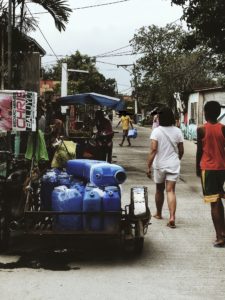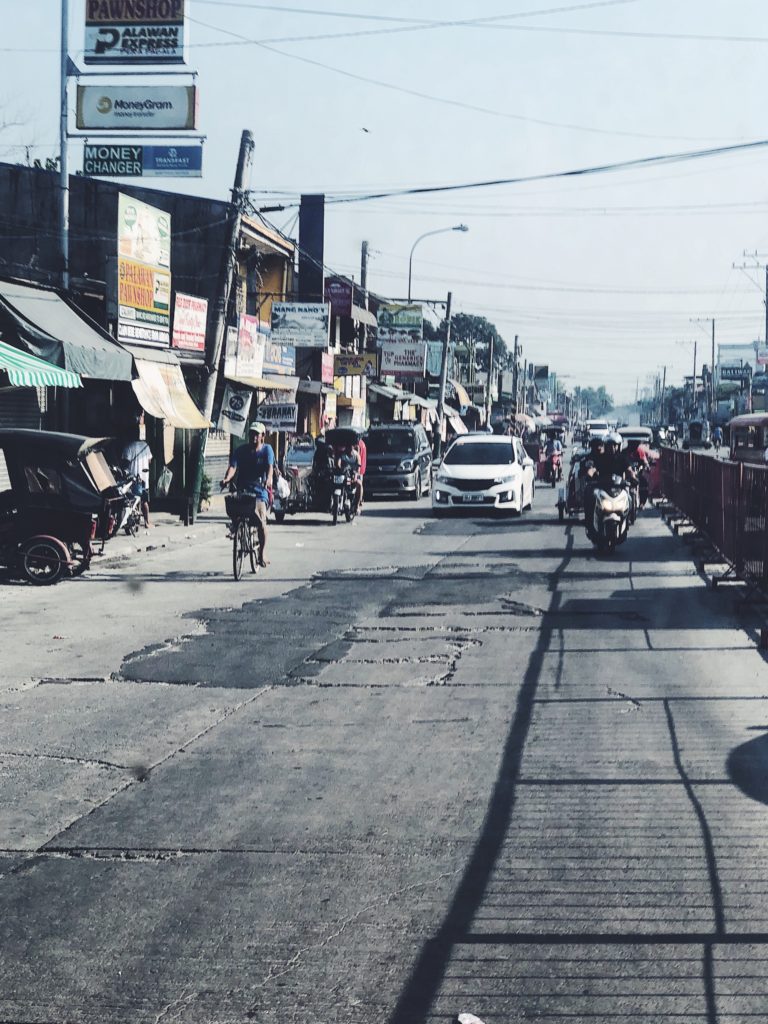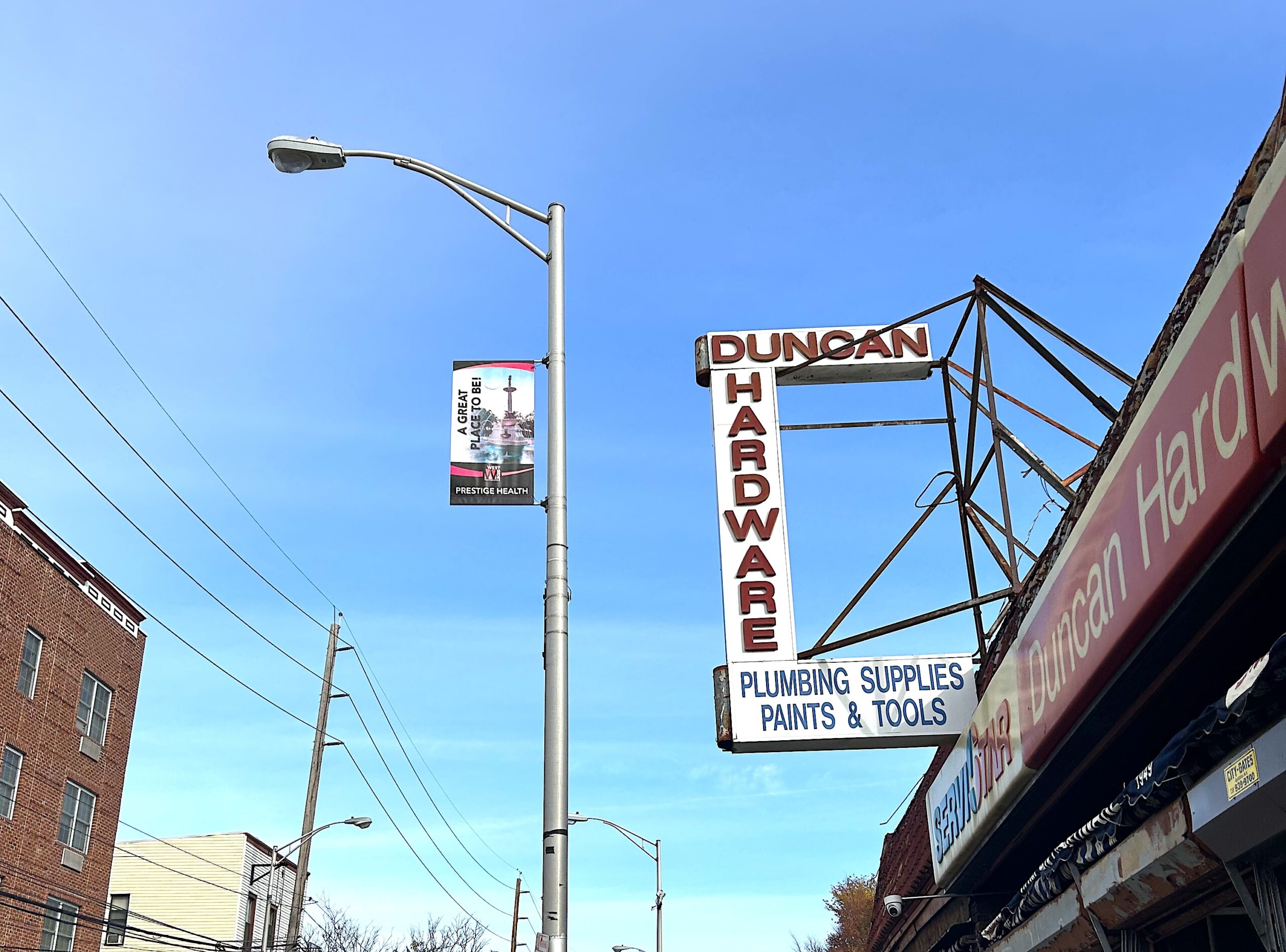This is a developing story and will be updated with new information. Check back later for more.
President Rodrigo Duterte has approved the Anti-Terrorism bill on Friday despite concerns stated by the United Nations and online protests.
This law will create an anti-terror council to carry out arrests of accused terrorists.
This story was updated on July 3, 2020.
Last week, The House of Representative of the Philippines passed an Anti-Terrorism Bill, after President Rodrigo Duterte sent a letter to Congress demanding the bill to be of “urgent” matters.
The bill, which was previously approved by the Senate in February, would replace the Human Security Act of 2007 and further allow warrantless arrests of anyone deemed “suspicious” or considered a “terrorist” to be carried out by the Anti-Terrorist Council (ATC).
As of Monday night, ABS-CBN reported Senate President Tito Sotto and House Speaker Alan Peter Cayetano have signed the bill. The bill was sent over to Duterte.
The law would give the government absolute power and the only thing standing between the official approval is the president’s signature. If instated, the bill could violate the Philippine constitution and infringe freedom of speech.
It holds the power to tag any journalist, activist or citizen who criticizes the government through speeches, writing or rallies. Freedom of expression could be classified as “terrorism” as the bill leaves a board interpretation of the term.
According to the bill, a person can be jailed up to 24 days without charges before being presented to a judge. Those accused of “terrorism” could face anytime between 12 years or a lifetime of imprisonment. The Human Rights Watch believes a suspect in custody should be presented to a judge within 48 hours.
But the bill also violates the right to privacy. According to the Anti-Terror bill, the government has the authority to wiretap intercept, screen, record and collect any texts, calls, emails and electronics if suspected or accused of being a terrorist.
The possibility of the new law has left many Filipinos and Filipino-Americans worried and fearful of the future in the Philippines. It has caused fear to speak out. Many activists have been cautious about speaking out in both countries as they worry of being red-tagged or putting their family members at risk.

“It’s scary to think that they [family and friends] could disappear suddenly and we would lose contact with them,” said a Filipino-American living in Jersey City who prefers to stay anonymous.
But in spite of fear, there have been petitions and protests demanding the government to reconsider the bill.
A petition labeled, “Junk the Anti-Terrorism Bill and Uphold Human Rights” on Change.org is collecting signature for a petition to be presented to the Philippine House of Representatives.
There are also fundraisers to bail protestors who have been arrested such as the seven protestors which included two students from the University of the Philippines Cebu who held a rally against the Anti-Terrorism bill.
A website has been created with information on the bill as well as petitions and email protests to sign. Although protesting might be “risky” for some people, educating themselves and others about current and past Philippine politics can help Filipino-Americans “see what led to the politicians wanting to pass the bill.”
“Most Filipino-Americans are not taught or knowledgeable about their history, and through learning, they can also open their eyes to the long deep history of corruption and power abuse within the government by the elite and political dynasties. Duterte is really just another product of corruption, and you’d be surprised most of the underlying issues are not so different from the U.S.”



 Get your slice of culture from NJ
Get your slice of culture from NJ Hudson County born & raised
Hudson County born & raised The Locals + The Culture
The Locals + The Culture “Best Grassroots Journalism” @njspj + @njcivicinfo grantee
“Best Grassroots Journalism” @njspj + @njcivicinfo grantee



 We stopped by Excel
We stopped by Excel










 E
E
















